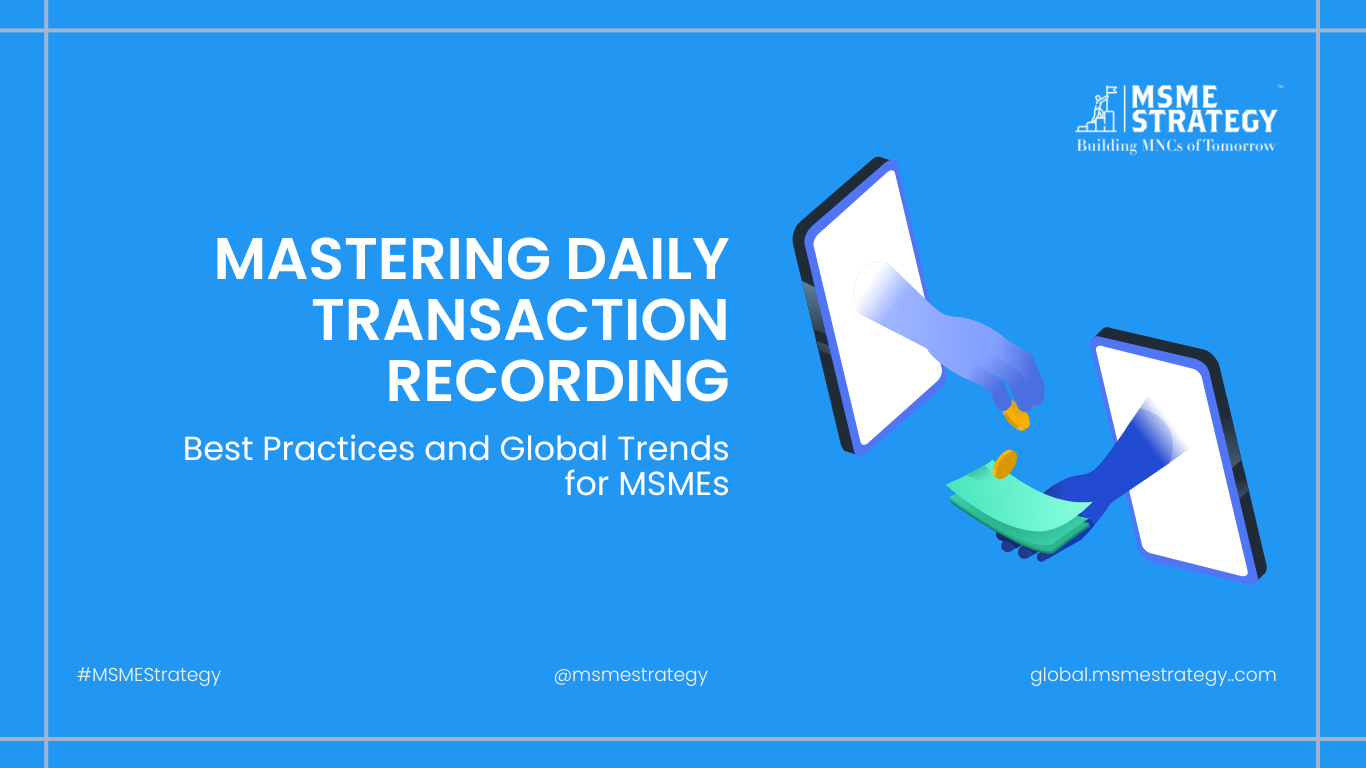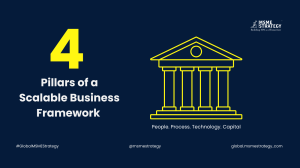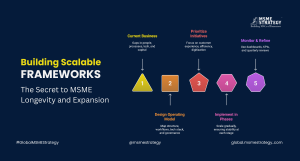Are you struggling to keep track of your daily financial transactions? Do you find it difficult to ensure your records are accurate and up-to-date? Are manual processes and outdated tools causing delays in your business operations? These challenges are common among Micro, Small, and Medium Enterprises (MSMEs) worldwide, yet addressing them effectively is critical to ensuring smooth financial management and long-term growth.
In this article, we explore the best practices for daily transaction recording, the latest trends in the MSME sector, and actionable strategies to help you stay ahead in today’s competitive business environment.
Why Accurate Daily Transaction Recording Matters
Daily transaction recording forms the backbone of financial management for any MSME. Proper documentation ensures:
- Compliance with local and international regulations.
- Accurate financial reporting for better decision-making.
- Simplified auditing and tax filing processes.
- Enhanced cash flow management to avoid financial bottlenecks.
However, many MSMEs struggle with maintaining systematic transaction records due to limited resources, lack of technical expertise, or reliance on outdated systems.
Best Practices for Daily Transaction Recording
- Adopt Digital Tools and Automation Replace manual processes with digital tools such as accounting software like QuickBooks, Xero, or Wave. These platforms streamline transaction recording, offer real-time updates, and reduce the likelihood of human error.
- Use Cloud-Based Solutions Cloud-based accounting systems allow MSMEs to access transaction data anytime, anywhere. They also offer enhanced data security, seamless updates, and integration with other business tools.
- Categorize Transactions Clearly Establish clear categories for income, expenses, and other financial activities. This simplifies analysis and reporting while providing a clear picture of your financial health.
- Train Your Team Ensure that your employees understand the importance of accurate transaction recording and how to use the tools available. Conduct regular training sessions to keep them updated.
- Set a Routine Dedicate specific times daily to record all transactions. This habit reduces the risk of missing critical data and ensures your records are always current.
Latest Trends in Transaction Recording for MSMEs
- Integration of Artificial Intelligence (AI): AI-powered accounting tools can automate transaction categorization, detect anomalies, and provide predictive insights, helping MSMEs make informed decisions.
- Mobile Accounting Apps: Mobile-friendly solutions allow MSME owners to record transactions, issue invoices, and track expenses on the go, ensuring no activity is missed.
- Blockchain for Secure Records: Blockchain technology is gaining traction for its ability to maintain tamper-proof and transparent financial records.
- Focus on ESG (Environmental, Social, and Governance) Reporting: Many MSMEs are now integrating ESG factors into their transaction recording processes to align with global sustainability goals.
Actionable Points to Improve Daily Transaction Recording
- Invest in Scalable Accounting Software: Choose a solution that fits your current needs and can scale as your business grows.
- Go Paperless: Use digital receipts and invoices to simplify record-keeping and reduce clutter.
- Conduct Monthly Reviews: Regularly review your recorded transactions to identify discrepancies and make necessary corrections.
- Leverage Automation: Utilize AI-powered tools to automate repetitive tasks like categorizing expenses and generating reports.
- Stay Compliant: Familiarize yourself with local regulations regarding transaction recording and reporting to avoid penalties.
How MSME Strategy Consultants Can Help
At MSME Strategy Consultants, we understand the unique challenges MSMEs face in managing daily transactions. Our experienced consultants are here to help you implement tailored solutions that ensure accuracy, compliance, and efficiency. Visit global.msmestrategy.com to learn more about how we can support your business growth.






